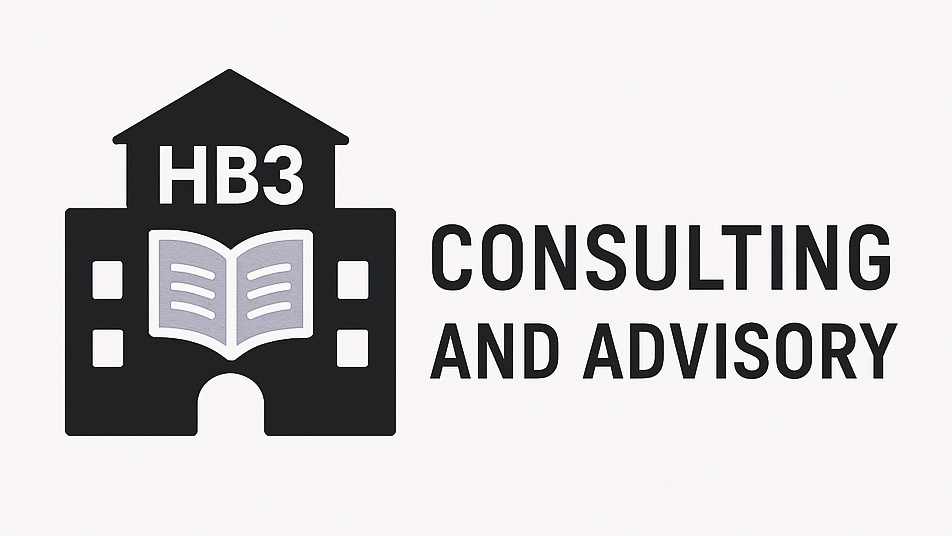Haunted by Doubt? Post-Opening Survival for Microschool Founders
By mid-fall, many microschool founders find themselves haunted by a single question: “Is any of this actually working?”
The launch is behind you. The routines are (mostly) set. But now, the energy that once fueled endless planning starts giving way to uncertainty. The curriculum is in motion, students are settled, and the day-to-day feels less like building and more like maintaining. It’s in this quieter space that doubt tends to creep in. The truth is, that doubt isn’t a bad sign. It’s a signal. It means you’ve moved past survival and into reflection, the phase where real learning, both for you and your students, begins.
Here is some advice as you navigate the reflection phase:
1. Assess the learning, not the launch
Early on, most founders focus their attention on logistics: attendance, safety, parent communication, enrollment, scheduling. Those are vital, but they’re not learning. Now’s the time to shift your lens. Ask:
What are students actually able to do now that they couldn’t do in August?
How do I know?
Do my students know it too?
Simple portfolio reviews, student reflections, and low-stakes performance tasks can tell you far more than a test ever will. The goal isn’t grading, it’s noticing growth.
2. Build feedback loops that include everyone
Great assessment is about dialogue, not data dashboards. Invite students to give feedback on what’s helping them learn and what’s confusing. Ask parents what they’re hearing at home. Meet with your team (if you have one) to identify what’s working and what’s not.
These small, ongoing conversations are how culture improves. Feedback loops make the school smarter. They turn a founder’s “Is this working?” into a shared question the whole community helps answer.
3. Resist the urge to overcorrect
Founders often react to mid-fall feedback by changing too much, too fast: new systems, new schedules, new policies. But every school needs stability to find its rhythm. Instead of asking “What should I fix?”, try “What should I learn from this?”
The best founders know how to listen deeply, adapt slowly, and keep the mission at the center of every decision.
4. Rediscover evidence of success
When doubt feels loudest, it helps to notice small wins:
The student who didn’t speak up in September leading a group in October.
A parent who mentions their child “actually wants to come to school now.”
A lesson that ran smoothly not because it was perfect, but because students were engaged.
These moments are data, the kind that matters most.
In the end
The founders who thrive are not those who silence their doubts; they’re the ones who use them. Reflection is a feature of good leadership, not a flaw. So if you’re haunted by uncertainty this fall, don’t exorcise it. Ask what it’s trying to teach you about your students, your systems, and yourself. The founders who keep learning are the ones whose schools keep improving.
If you’re in that reflective mid-Fall stretch, know that you’re not alone. I work with microschool founders at this exact stage, helping them turn those questions into insight and forward motion. If you’d like a sounding board or some practical feedback tools, connect with me directly here.
